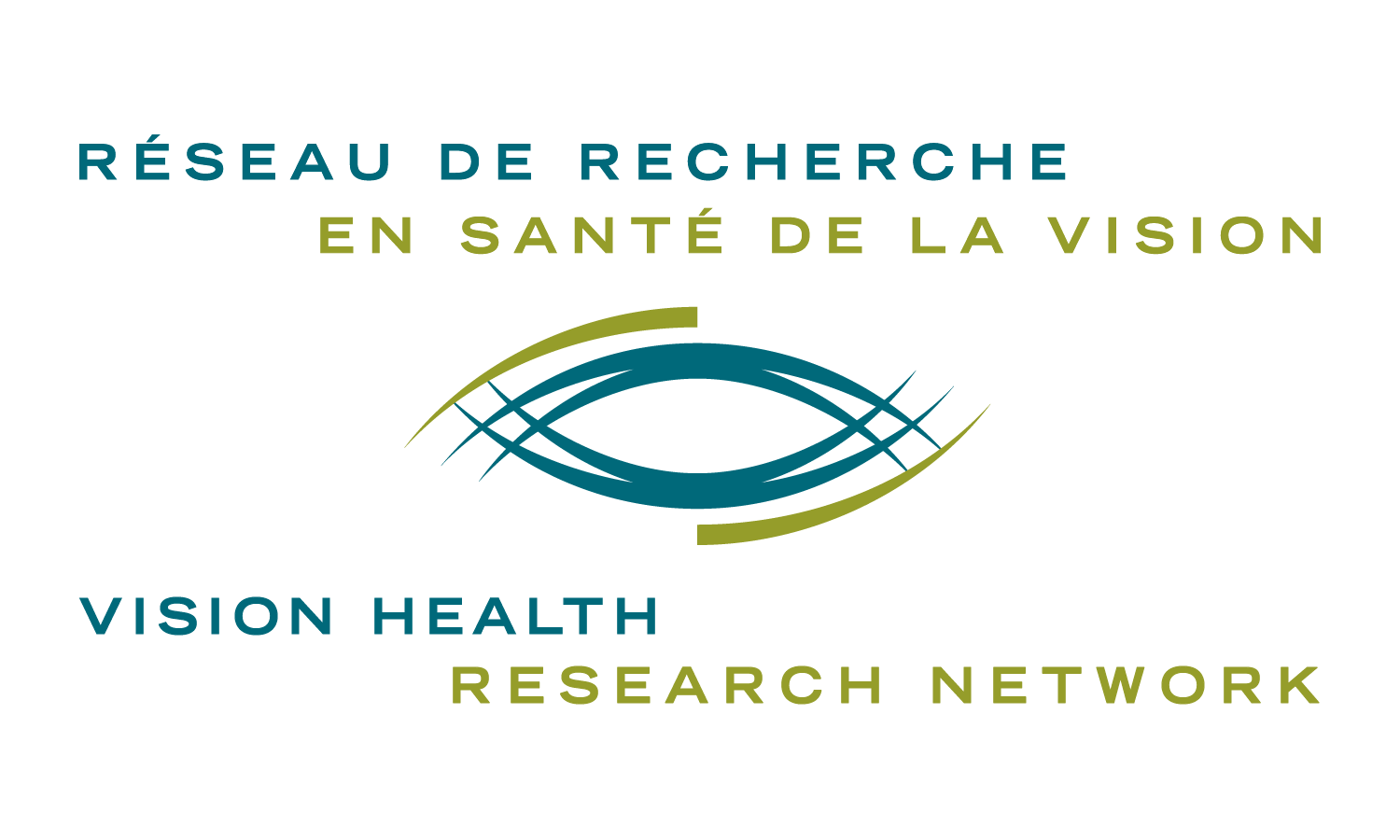Francine Behar-Cohen, M.D., Ph. D.
Professeure en ophtalmologie à l’Université Paris Cité
Spécialiste de la rétine à l’hôpital Cochin, Paris – Assistance Publique Hôpitaux de Paris
Directrice de l’équipe de recherche Physiopathologie des maladies oculaires : Innovations thérapeutiques, Inserm UMR1138, Centre de Recherche des Cordeliers, Paris
Fondatrice et conseillère scientifique en chef de Eyevensys, SAS, FRANCE
Cofondatrice de EarlySight, SUISSE
Biographie/Biography
I am full professor in ophthalmology at Université de Paris and a medical and surgical retina specialist, at Cochin hospital AP-HP in Paris since 2006. I have been medical and scientific director of the Jules-Gonin Eye Hospital in Lausanne, Switzerland from 2013 to 2017, where I have built a research translational program. I am as well the director of the ‘Physiopathology of ocular diseases: Therapeutic innovations’ team at the French National Institute of Health and Medical Research at the Cordeliers Campus in Paris. I head this group of researchers since 2001, dedicated to the study of mechanisms of eye diseases and development of therapeutic innovations. I am the founder of Eyevensys for which I serve as Chief Innovation Officer. I have founded other start-up companies to valorize research from my academic lab (Eyegate Pharma, EarlySight). In addition to my medical degree, I obtained a diploma of advanced studies in cell biology, a diploma of specialized studies in ophthalmology, and a PhD in biology at the Paris Descartes University. I also have accreditation to conduct clinical research in France and in Switzerland.
Since more than 12 years, I serve as expert for the National French Agency for Sanitary Security, food, environment and work (ANSES) and since 2020, I have been promoted as a member of the scientific council of ANSES.
***
Résumé/Abstract
Titre: Mineralocorticoid pathway activation in retinal pathology
Preclinical and clinical studies have demonstrated beneficial effects of mineralocorticoid receptor antagonists (MRA) in the heart, the vessels and in the kidney at doses that induced only small or no reductions in blood pressure, indicating that inappropriate MR activation exerts direct deleterious effects in various organs and tissues. In the vessels, the overactivation of the mineralocorticoid receptor (MR), that is expressed in vascular endothelial cells and in smooth muscle cells, is pathogenic through oxidative stress and inflammation, endothelial dysfunction, vascular remodeling, stiffening, and fibrosis, suggesting all organs could be affected if MR pathway is overactivated in the vasculature, at least by indirect vascular effect. In the eye, MR is expressed in the vascular cells of the retina and the choroid, including choriocapillaris and veins and, in cells of neural and glial origins. MR inappropriate activation, mostly by glucocorticoids contribute to the pathogenesis of diabetic retinopathy, choroidal neovascularization and pachychoroid associated diseases. The potential place of mineralocorticoid receptor antagonists for ocular diseases will be discussed.


